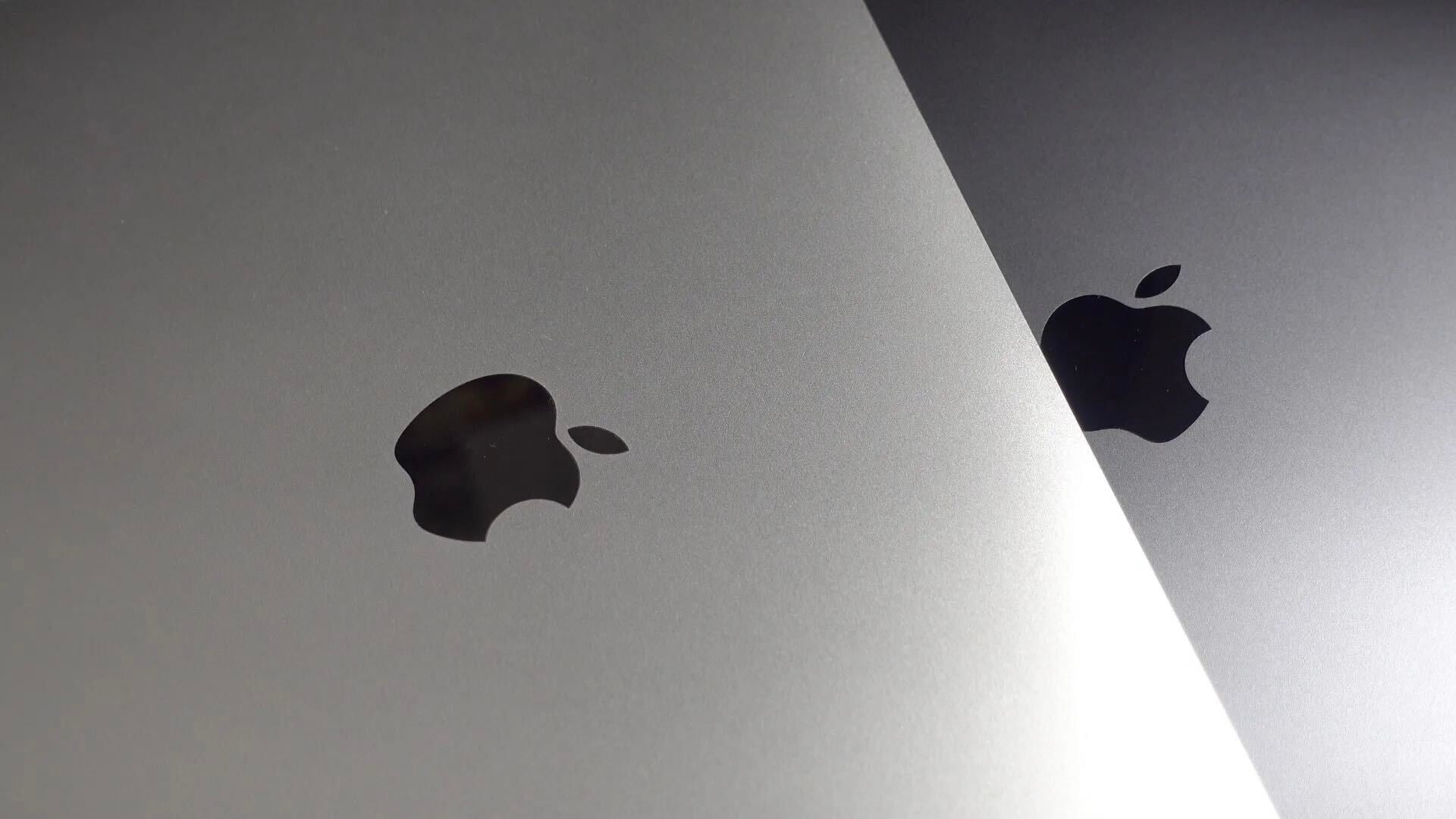

Becoming Steve Jobs, the new biography of Steve Jobs by Brent Schlender and Rick Tetzeli, will be officially released tomorrow by Crown Business/Penguin Random House, and is currently available as a pre-order from Amazon ($20/print, $12/Kindle, $30/audiobook or free audiobook with Audible trial) and Apple’s iBookstore ($13). Bringing together years of personal interviews with Steve Jobs and his colleagues, the authors have assembled a substantial collection of insights about how Jobs evolved over time as a person and a leader.
One key focus of the book is reflected in the title: the Buddhist notion “that everything, and every individual, is ceaselessly in the process of” evolving — “becoming” — rather than static.
“[D]espite the fact that he could be almost unfathomably stubborn and opinionated at times, the man himself was constantly adapting, following his nose, learning, trying out new dimensions. He was constantly in the act of becoming.”
For this reason, the authors suggest that Jobs’s personality was misunderstood — at least during his second run at Apple — in part because he decided to cut most of his interaction with the press, except for structured discussions during new product launches. As such, the public picture of Jobs as an intemperate, immature young man wasn’t adequately updated to reflect his later maturity into the wiser and more effective leader who achieved Apple’s historic transformation…
Broadly, the authors suggest that Jobs’ maturity came from the “wilderness” period between his first and second periods at Apple. More specifically, it came from his work with Pixar, where he at long last learned patience — something he not only lacked, but initially struggled to even politely feign — and from beginning a real family life with his daughter Lisa, his wife Laurene Powell, and his newborn son Reed. As a continued process of “becoming” would suggest, the book doesn’t claim that all of Jobs’ rough edges were polished off; rather, after some very public highs and lows early in his life, he made fewer and smaller mistakes as time went on.
Learning how to manage his negative tendencies and focus on his positive ones was the key to Jobs’ evolution, the book notes. In an early meeting with Disney’s Jeffrey Katzenberg over developing Toy Story with Pixar, Jobs achieved a deal by uncharacteristically accepting Pixar’s role as the lightweight, only to later renegotiate the deal on more favorable terms after Toy Story’s success and Pixar’s IPO. His indecisiveness over returning to Apple — including his role as “iCEO” — is presented as a sign of his increasing maturity, as he learned how to make quick decisions on some things while idling and deeply considering others.
Although there was some speculation that an Apple-endorsed book about Jobs would be fawning, the authors certainly don’t gloss over the man’s very human imperfections. In one early story, a young Jobs’ fails spectacularly in an attempt to provide leadership during the meeting of a charitable group seeking to eradicate blindness, ending in his ejection from the meeting and a tearful breakdown in the parking lot. Several tales show how he sometimes used bullying tactics to size people up, including everyone from journalists to employees and rivals. And there are at least a few stories of late-night telephone calls to exasperated friends and employees, as well as numerous verbal fights with Jon Rubinstein, who appeared to relish the combat and eventually became one of the key people behind the iPod.
But the darker stories are counterbalanced by later examples of Jobs’ increasing patience and reconsideration of previously-rejected ideas, as well as some evidence that Jobs didn’t initially understand how his combative nature — generally focused on debating ideas — could hurt the feelings of people he worked with. At some point, it became apparent to key executives such as Rubinstein and Jony Ive that the debates were primarily about improving Apple’s products and thinking.
If you’re interested in learning more about Steve Jobs’ life, business strategies, successes and failures, the Becoming Steve Jobs book is certainly worth your time. Officially $30, it can be purchased through Amazon for $12 and up, and at the iBookstore for $13.
FTC: We use income earning auto affiliate links. More.




Comments